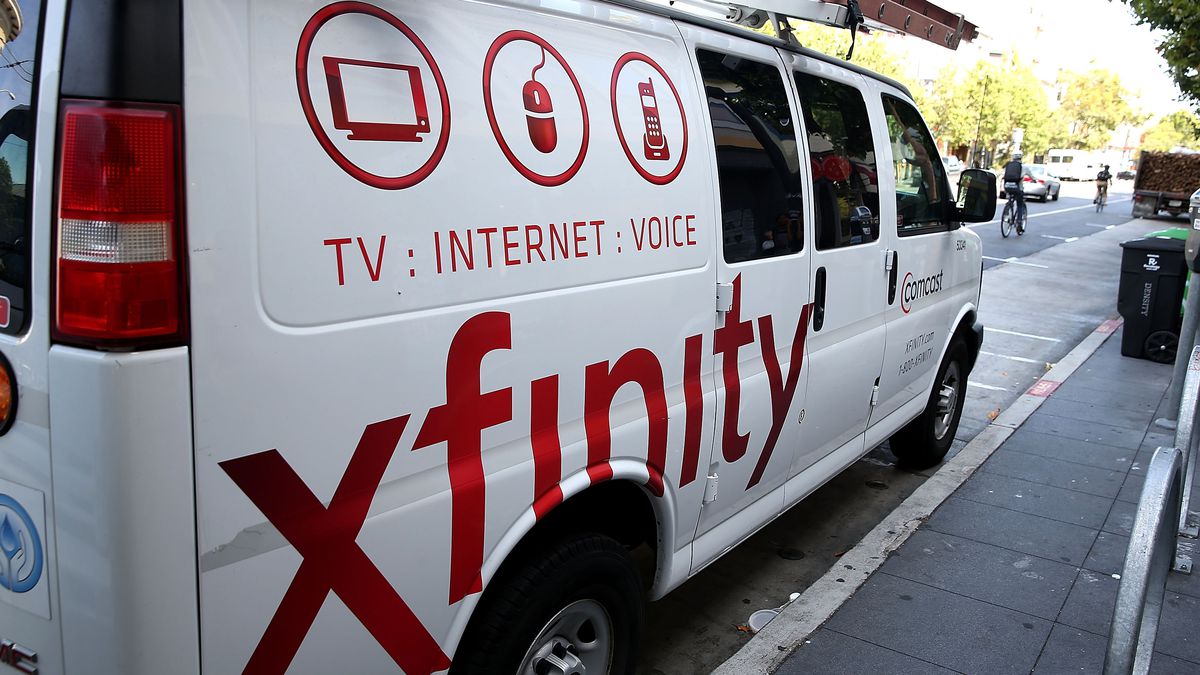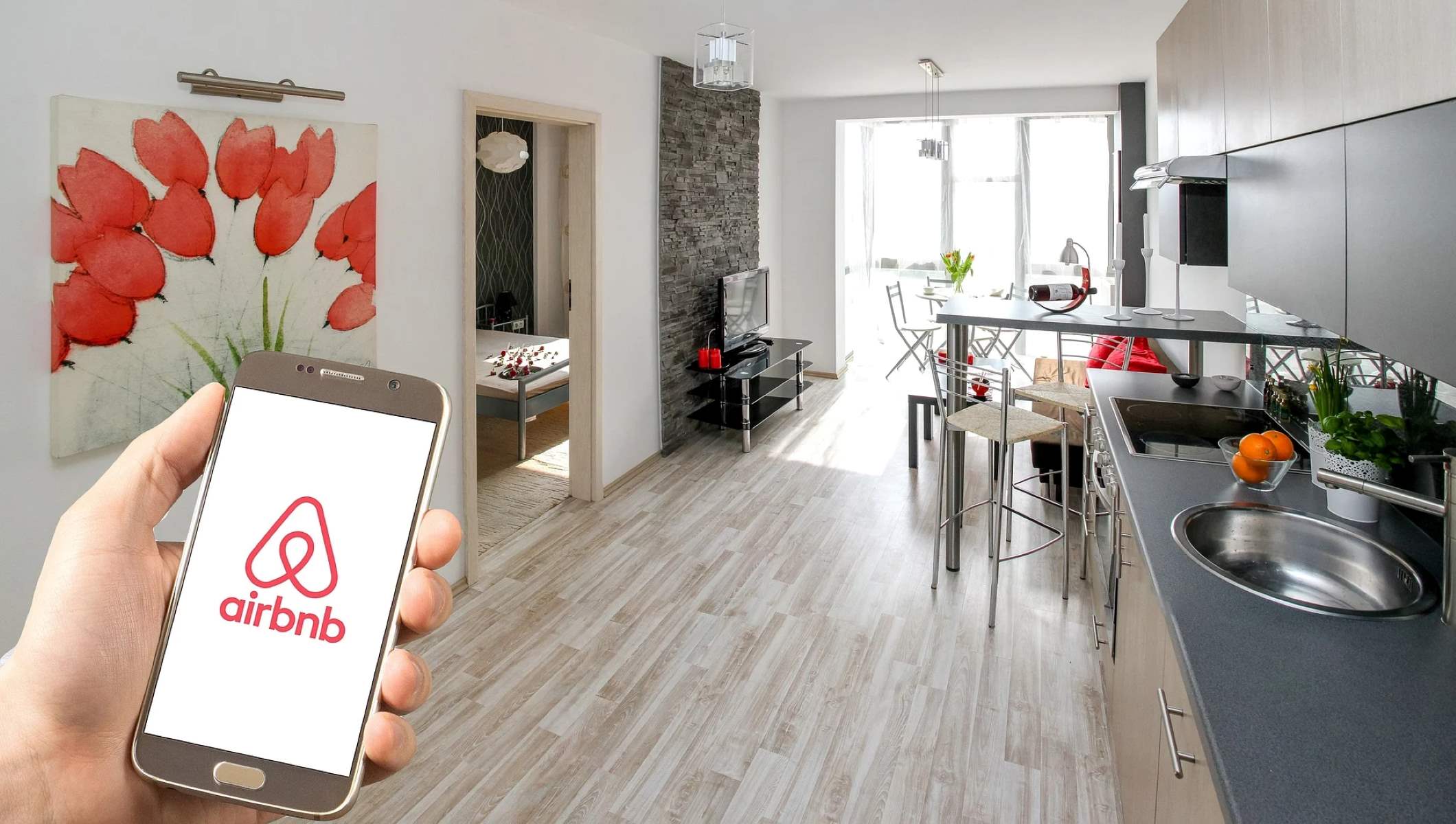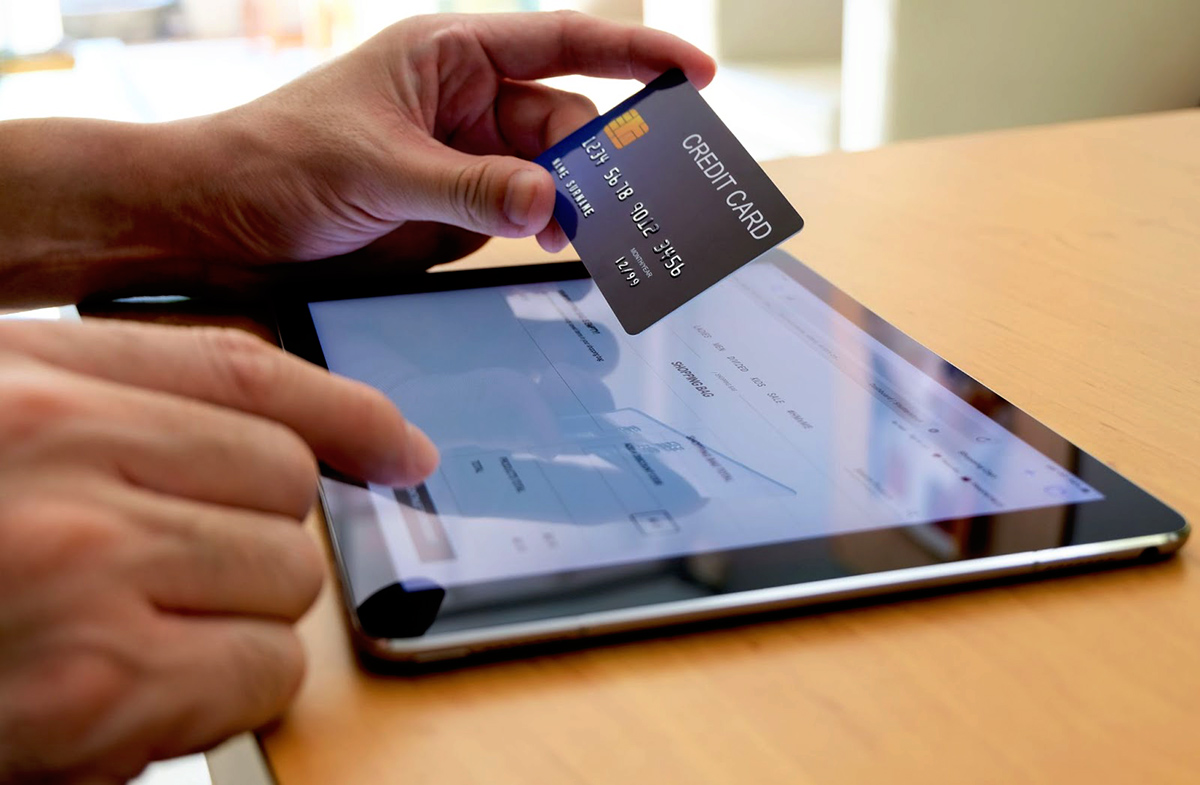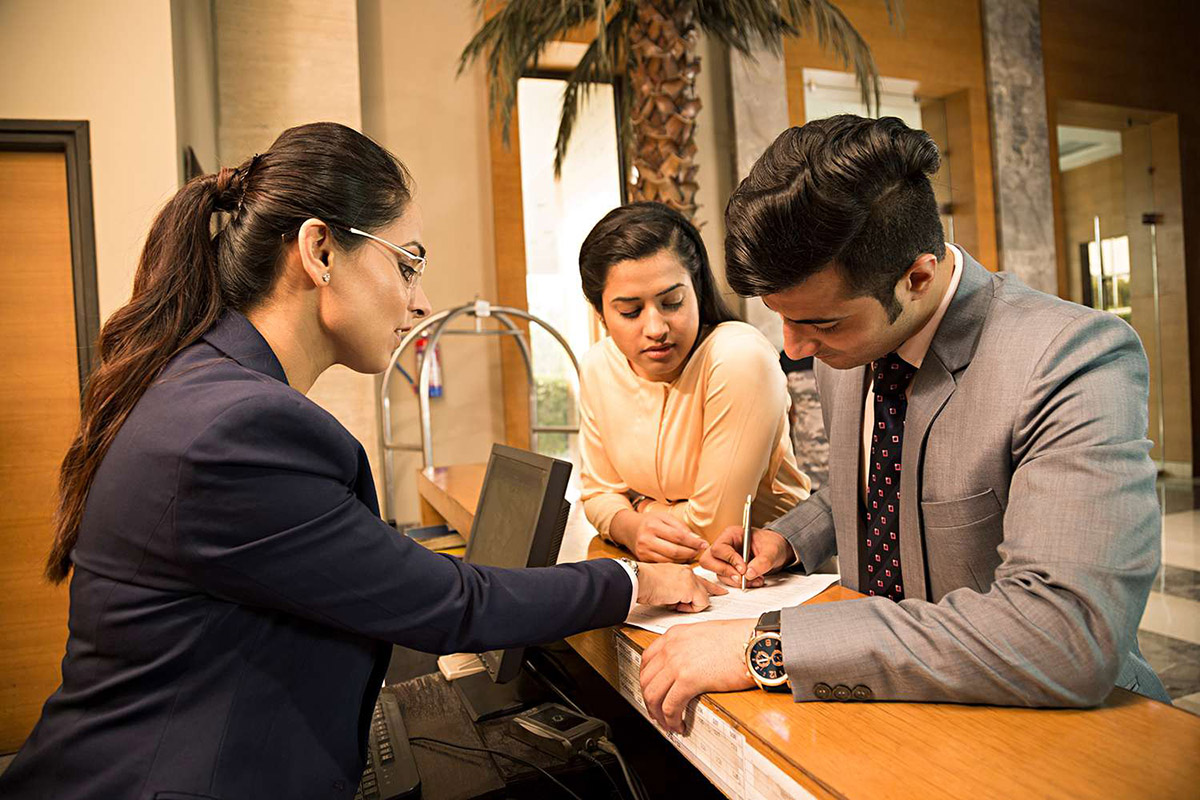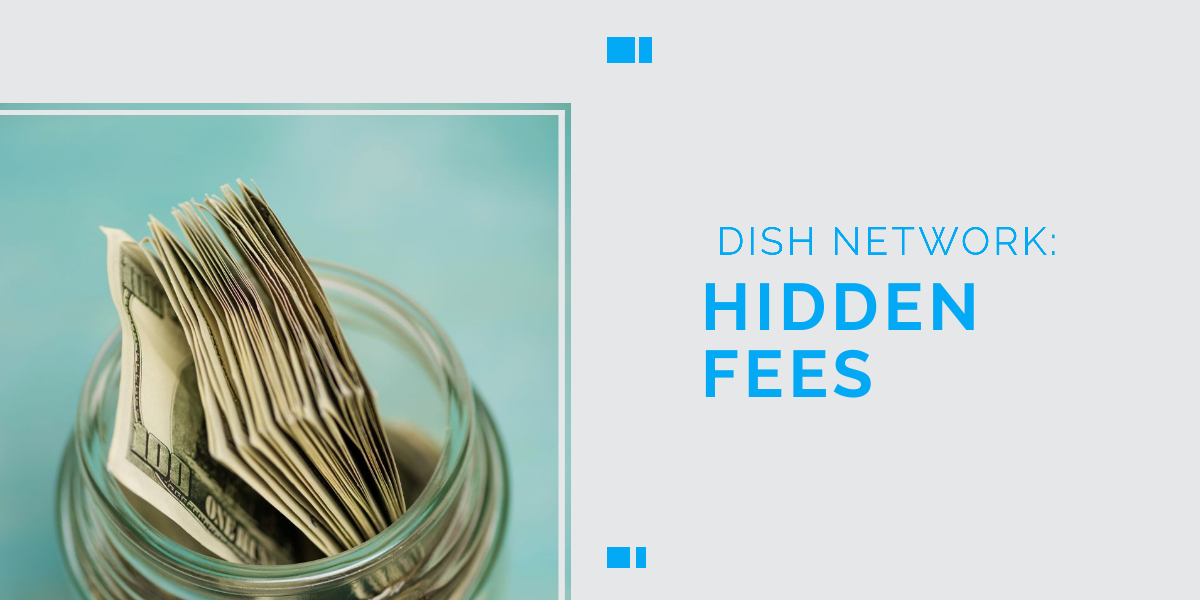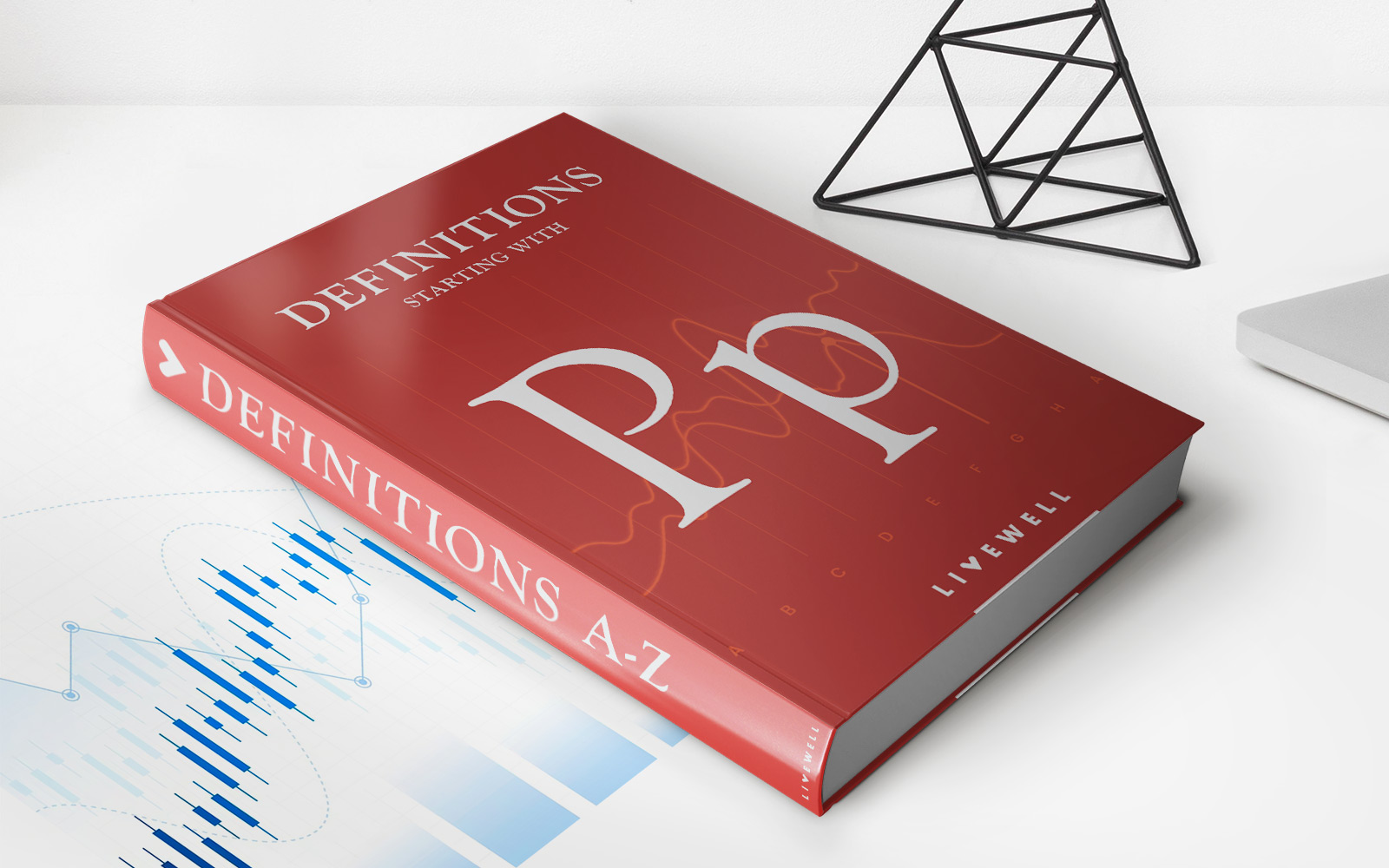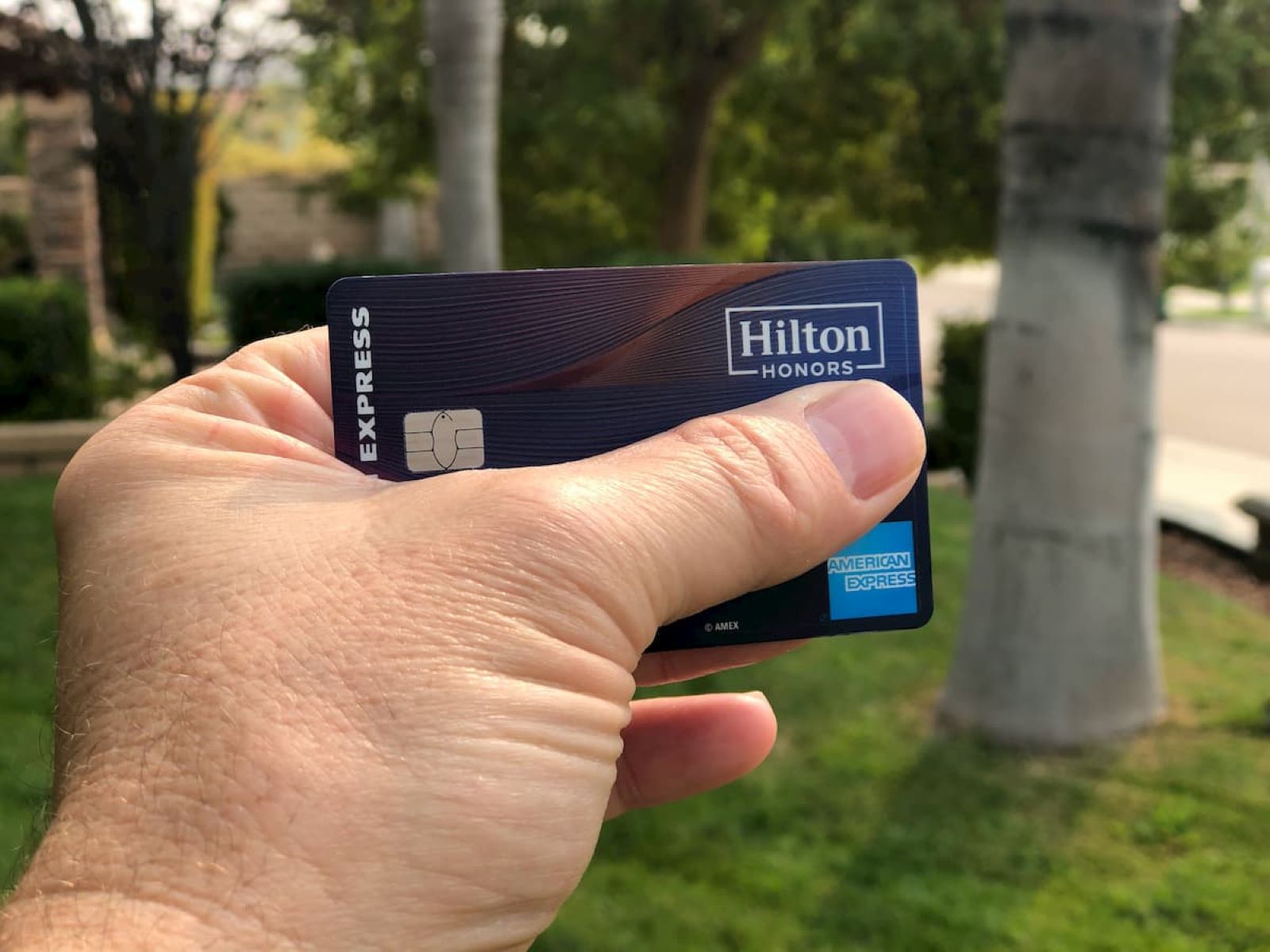

Finance
When Does Hilton Charge Your Credit Card
Published: October 25, 2023
Learn about Hilton's credit card charging process and when to expect a payment deduction. Explore the financial aspects of your Hilton stay and manage your expenses effectively.
(Many of the links in this article redirect to a specific reviewed product. Your purchase of these products through affiliate links helps to generate commission for LiveWell, at no extra cost. Learn more)
Table of Contents
Introduction
Welcome to the world of Hilton hotels, where luxury, comfort, and exceptional service await. Whether you’re traveling for business or leisure, knowing how and when Hilton charges your credit card is essential. Understanding the payment process can help you better plan your expenses and ensure a seamless stay.
As a renowned hotel brand, Hilton offers a variety of payment options to accommodate different guests’ preferences. From pre-authorization holds to final charges, this article will guide you through the process of when and how Hilton charges your credit card.
It’s important to note that while the general payment procedures are similar across Hilton properties, there may be slight variations depending on the specific hotel or location. It’s always best to familiarize yourself with the specific details of the property you’re staying at to avoid any surprises.
Now, let’s dive into the details of Hilton’s credit card charging process, so you can have a worry-free and enjoyable stay at any of their fantastic hotels.
Pre-authorization Hold
When you make a reservation at a Hilton hotel, the hotel will typically place a pre-authorization hold on your credit card. This is a temporary hold that ensures the credit card has sufficient funds to cover your stay and any potential incidental charges.
The pre-authorization hold amount is typically the total cost of your reservation, including taxes and any additional fees or amenities you requested. The exact amount can vary depending on the hotel’s policies and the length of your stay. It’s essential to have enough credit available on your card to accommodate this hold.
The purpose of a pre-authorization hold is to guarantee payment for your stay, as well as cover any potential additional charges you may incur during your time at the hotel. It ensures that the hotel can process your payment smoothly and efficiently.
It’s important to note that a pre-authorization hold is not an actual charge. The funds are temporarily frozen on your card, but they are not withdrawn from your account. The hold will typically remain in place until you check out.
While the duration of the pre-authorization hold can vary, it’s generally released within a few days after checkout. However, some banks may take longer to process the release, so it’s always a good idea to check with your bank if you notice the hold remaining on your card for an extended period.
During the pre-authorization hold, it’s crucial to keep in mind that the funds are not available for other purchases or transactions. If you try to use the funds that are being held, your card may be declined.
It’s also worth noting that if you made your reservation using a debit card, the pre-authorization hold may impact the available funds in your checking account. Be sure to plan accordingly and have alternative payment methods available if needed.
Now that you understand the concept of pre-authorization holds, let’s explore other payment scenarios at Hilton hotels.
Payment at Check-In
When you arrive at a Hilton hotel, you will be required to provide a valid credit card for payment at check-in. This is common practice in the hotel industry and serves as a security measure to protect both the guest and the hotel.
At check-in, the hotel will typically authorize your credit card for the total cost of your stay, including any applicable taxes and fees. This is similar to the pre-authorization hold mentioned earlier. The funds are not immediately withdrawn from your account, but they are held to ensure payment upon checkout.
If you have already paid for your reservation in advance or have provided a deposit, the hotel will still require a credit card for incidentals and any additional charges you may incur during your stay. The authorized amount may vary depending on the hotel’s policy and the duration of your stay.
It’s essential to ensure that your credit card has sufficient funds to cover the authorized amount. If your card is declined or insufficient funds are available, the hotel may request an alternative form of payment or deny check-in.
Some Hilton properties may offer the option to pay for your stay in cash at check-in, but this is less common and typically requires a larger security deposit. It’s best to check with the specific hotel in advance if you prefer to pay in cash.
It’s important to note that the authorized amount at check-in is not an immediate charge. The actual payment will be processed upon checkout, taking into account any adjustments or additional charges incurred during your stay.
Understanding the payment process at check-in can help ensure a smooth and hassle-free experience. Now, let’s move on to the payment process at check-out.
Payment at Check-Out
When it’s time to check out of a Hilton hotel, the final payment for your stay will be processed. The hotel will calculate the total charges, including the room rate, taxes, and any additional fees or incidentals.
If you provided a credit card during check-in, the hotel will typically charge your card for the full amount at the time of check-out. This includes any additional charges incurred during your stay, such as room service, spa services, or parking fees.
It’s important to review your final bill carefully to ensure its accuracy. If you notice any discrepancies or questionable charges, inform the hotel staff right away so they can address the issue. Always keep copies of your receipts for reference and potential dispute resolution.
If you made your reservation through a third-party booking platform or travel agent, the payment process may differ. In some cases, the hotel may still require a credit card for incidentals and will charge the room rate directly to the booking platform or travel agent.
At check-out, you also have the option to pay using alternative payment methods, such as cash or traveler’s checks. However, it’s important to note that some Hilton hotels may have specific policies regarding cash payments, including requiring a higher security deposit.
It’s always recommended to clarify the payment options and policies with the specific Hilton property you are staying at in advance to avoid any confusion or inconvenience.
Once the payment is processed at check-out, you will receive a final receipt detailing the charges and payment method. It’s a good idea to keep this receipt for your records and verification purposes, especially if you plan to reconcile expenses for business or reimbursement.
Now that you understand the payment process at check-out, let’s explore incidental charges and how they affect your credit card.
Incidental Charges
During your stay at a Hilton hotel, you may incur additional charges known as incidental charges. These charges are for services or amenities that are not included in the room rate, such as room service, minibar purchases, or in-room entertainment.
When you check-in, the hotel will typically place a hold on your credit card to cover potential incidental charges. The authorized amount may vary depending on the hotel’s policy and the duration of your stay. It’s important to be aware of this hold and ensure that your credit card has sufficient funds to accommodate it.
Incidental charges are billed separately from the room rate and are typically added to your final bill at check-out. It’s essential to review the charges carefully to ensure their accuracy. If you have any questions or concerns about specific charges, you can always inquire with the hotel staff for clarification.
To avoid any unexpected or exorbitant incidental charges, it’s helpful to familiarize yourself with the hotel’s policies and fee structure. Some Hilton properties may require a deposit at check-in to cover potential incidentals, while others may have a daily maximum limit for incidental charges.
It’s also important to note that certain incidentals, such as in-room movies or spa treatments, may require separate authorization or payment at the time of service. Always confirm the payment procedure with the hotel staff or consult the in-room directory for information on specific amenities.
Monitoring your incidental charges throughout your stay can help you manage your expenses and avoid any surprises at check-out. If you have concerns about your hotel expenses, don’t hesitate to communicate with the front desk or hotel staff.
Now that we’ve covered incidental charges, let’s discuss cancellation and no-show fees, as they are crucial to understand when making reservations.
Cancellation and No-Show Fees
When making a reservation at a Hilton hotel, it’s important to familiarize yourself with the cancellation policies to avoid any potential fees or charges. These policies may vary depending on the specific hotel, the type of reservation, and the rate you booked.
If you need to cancel your reservation, it’s best to do so within the specified cancellation period to avoid any fees. The cancellation period can vary, but it’s typically 24 to 48 hours before the scheduled check-in time. Failure to cancel within this period may result in a cancellation fee.
The cancellation fee charged by Hilton hotels can vary depending on the property and rate plan. Some rates may be non-refundable or require full payment in advance, making them non-cancellable. It’s important to review the terms and conditions of your reservation before booking.
In the event of a no-show, where you do not cancel your reservation and fail to check-in on the scheduled arrival date, the hotel may charge a no-show fee. This fee is typically equivalent to the first night’s room rate plus taxes and fees.
Hilton Honors members may enjoy certain privileges and flexible cancellation policies, depending on their membership level and status. It’s important to check the specific benefits and policies associated with your Hilton Honors membership.
It’s always recommended to review and understand the cancellation and no-show policies before making a reservation. This will help avoid any unwanted fees or charges and allow for a smooth and hassle-free cancellation process if needed.
If you have any questions or need to make changes to your reservation, it’s best to contact the hotel directly or use the Hilton website or mobile app for self-service options. Hotel staff will be able to provide you with the most accurate information and assist you with any modifications or cancellations.
Now that we’ve covered cancellation and no-show fees, let’s explore how Hilton Honors members may have additional payment considerations.
Hilton Honors Members
Hilton Honors is a loyalty program offered by Hilton hotels that provides members with various benefits and rewards. As a Hilton Honors member, you may have additional considerations when it comes to payment and credit card charges.
One of the perks of being a Hilton Honors member is the ability to earn points for eligible hotel stays and redeem them for free nights, upgrades, and other rewards. These points can be redeemed towards the payment of your stay, potentially reducing the amount charged to your credit card.
Depending on your Hilton Honors membership level, you may also have access to additional benefits such as complimentary breakfast, late check-out, or room upgrades. These benefits are typically provided at no additional charge but are subject to availability.
When it comes to credit card charges, Hilton Honors members may also have the option to use their points to cover incidental charges during their stay. This can help offset any additional expenses you incur, such as dining, spa services, or parking fees.
It’s important to keep in mind that while Hilton Honors points can be used for payment purposes, there may still be a need to provide a credit card for incidental charges or as a guarantee for incidentals not covered by points.
Members with elite status, such as Silver, Gold, or Diamond, may have additional benefits and perks when it comes to credit card charges. These can include room upgrades, access to executive lounges, or waived payment guarantees.
As a Hilton Honors member, it’s essential to review the specific benefits and policies associated with your membership level. This will help you understand the payment options available to you and maximize the value of your membership.
If you have any questions or need assistance with Hilton Honors-related payment inquiries, you can reach out to the Hilton Honors customer service or consult the online portal for more information.
Now that we’ve explored the impact of Hilton Honors membership on credit card charges, let’s discuss some tips for managing these charges effectively.
Tips for Managing Credit Card Charges
Managing credit card charges during your stay at a Hilton hotel is essential for a smooth and stress-free experience. Here are some tips to help you effectively manage your credit card charges:
- Plan Ahead: Before your stay, review the hotel’s policies and payment procedures, including any pre-authorization holds and incidental charges. This will give you an idea of what to expect and allow you to budget accordingly.
- Check Card Balance: Ensure that your credit card has sufficient available credit to cover any pre-authorization holds, incidental charges, and final payment. Having a backup payment method, such as another credit card or cash, can also provide peace of mind.
- Monitor Incidental Charges: Keep track of any additional charges made to your room or credit card throughout your stay. Check your final bill at check-out for accuracy, and address any discrepancies immediately with the hotel staff.
- Review Cancellation Policies: Familiarize yourself with the cancellation policies and any associated fees. If you need to cancel or modify your reservation, do so within the specified cancellation period to avoid penalties.
- Utilize Hilton Honors Benefits: If you are a Hilton Honors member, take advantage of the program’s perks and benefits. Redeem points towards your stay or incidental charges, and leverage elite status benefits to enhance your experience and potentially reduce costs.
- Keep Receipts: Retain copies of your receipts, both for your records and for potential reimbursement or expense tracking purposes. This can come in handy for business travelers or those seeking reimbursement from employers.
- Communicate with Hotel Staff: If you have any questions, concerns, or special requests regarding credit card charges, don’t hesitate to communicate with the hotel staff. They are there to assist you and provide clarification on any billing or payment-related matters.
- Double-Check Check-Out Charges: Before leaving the hotel, review your final bill and ensure that all charges are accurate and accounted for. This will help avoid any future surprises or disputes regarding payment.
By following these tips, you can effectively manage your credit card charges and enjoy a seamless and hassle-free experience during your stay at a Hilton hotel.
Now, let’s conclude our discussion on Hilton’s credit card charging process.
Conclusion
Understanding when and how Hilton charges your credit card is essential for a smooth and worry-free stay. From pre-authorization holds to final payment, having a clear understanding of the payment process can help you manage your expenses effectively. Here’s a recap of what we’ve covered:
During the reservation process, Hilton hotels typically place a pre-authorization hold on your credit card to ensure sufficient funds are available to cover your stay and potential incidental charges. It’s important to have enough credit available to accommodate this hold.
At check-in, the hotel will authorize your credit card for the total cost of your stay. This amount may include additional charges and incidentals. Payment is typically processed at check-out, where any incidental charges are added to the final bill.
Being aware of Hilton’s cancellation and no-show fees can help you avoid unwanted charges. It’s crucial to familiarize yourself with the specific cancellation policies of the hotel and your booking type to determine any applicable fees.
Hilton Honors members have additional considerations, such as the ability to earn and redeem points for payment or incidental charges. The benefits and perks associated with elite status can enhance the credit card charging experience for loyal members.
To effectively manage credit card charges, it’s important to plan ahead, monitor incidental charges, review cancellation policies, communicate with hotel staff, and keep track of receipts. These practices will help ensure accurate billing and provide a smoother overall payment experience.
By understanding and implementing these tips, you can navigate the credit card charging process at Hilton hotels and enjoy a seamless and enjoyable stay without any unexpected surprises.
We hope this article has provided you with valuable insights into when and how Hilton charges your credit card. Whether you’re traveling for business or leisure, being well-informed about the payment process allows you to focus on enjoying the exceptional hospitality that Hilton hotels are known for.
Now, go ahead and make your reservations with confidence, knowing that you have the knowledge to manage your credit card charges effectively during your Hilton hotel stay!
